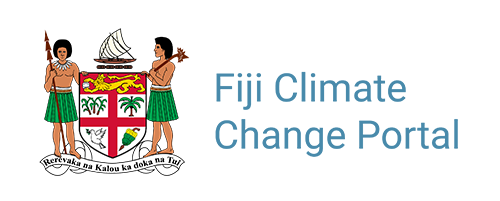| wdt_ID | No | Status | Name | Description | Funding | Start Date | End Date | Donor |
|---|---|---|---|---|---|---|---|---|
| 1 | 1 | Implementation | Enhancing Direct Access to Climate Finance in Fiji-Phase 2 | Building on the first GCF Readiness Project on Enhancing Direct Access to Climate Finance, this project (Phase 2) will take the next steps necessary to support the Ministry of Economy in its accreditation to the GCF, including Stage 2 submission, development of a project pipeline and concept notes. It will also include continued support to the other DAE in Fiji, the Fiji Development Bank to upgrade their accreditation to Cat B, Small Size projects and also to the NDA, to fully utilise its stakeholder engagement platform, including digital engagement and improve and refine its procedures. | 900,000 | 01/03/2022 | 01/03/2024 | Green Climate Fund (GCF) |
| 2 | 2 | Recently Approved | Mainstreaming Adaptation Planning at the Local Level in Fiji | Fiji developed its National Adaptation Plan in 2018. The Fiji government would now like to integrate adaptation at the local level: in the town development planning and investment plans. This project aims to support mainstreaming the National Adaptation Plan at the local level through various actions including supporting local adaptation planning, investment mobilisation and capacity building. | 1,500,000 | 04/01/2022 | 01/01/2024 | Green Climate Fund (GCF) |
| 3 | 3 | Approved | Global Fund for Coral Reefs Investment Window | The project will create a private equity fund to encourage investments in the blue economy, protecting coral reefs. Targeting 17 countries in Africa, the Asia-Pacific, Latin America and the Caribbean it aims to address critical financing and private investment barriers centred around the blue economy. | 07/10/2021 | Green Climate Fund (GCF) | ||
| 4 | 4 | Active | Supporting the Development of the Monitoring/Measuring, Reviewing and Verification Systems in the Transport Sector | The NDC Hub is supporting Fiji to align its revised Forest Bill with its draft Climate Change Bill. A comprehensive and specific set of recommendations to better align the two Bills will be developed ensuring consistency of definitions, processes, institutional arrangements, and responsibility. | Not available | 01/06/2021 | 01/06/2022 | Germany, New Zealand, Australia |
| 5 | 5 | Active | Climate Change Bill implementation support | Not available | 01/04/2021 | 01/04/2023 | New Zealand |

